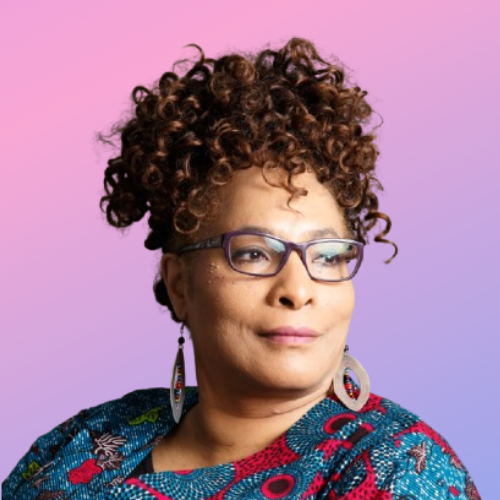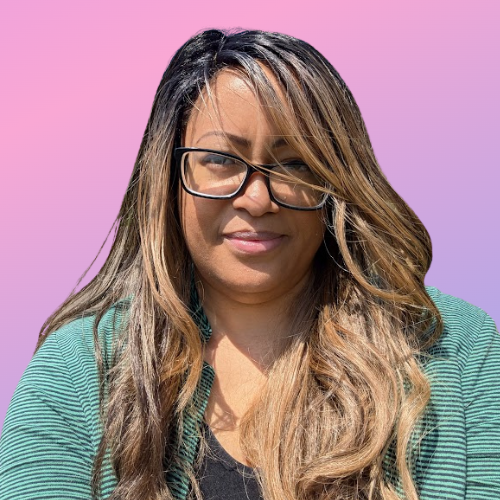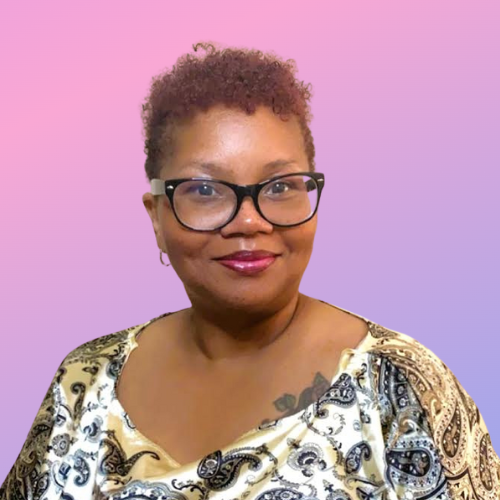About ReadShift
Learn more about our mission, our team, and the community that brought this project to life.
Why ReadShift Was Created
ReadShift was born from a simple yet powerful idea: every child deserves to experience the joy of reading without barriers. For children with dyslexia, traditional learning methods can often be frustrating and discouraging. We saw an opportunity to leverage cutting-edge AI to create a learning companion that is patient, engaging, and tailored to the unique needs of visual and auditory learners.
Our mission is to transform reading from a challenge into an adventure. By combining AI-powered visual recognition with clear, friendly audio, ReadShift empowers children to explore the world of words at their own pace, building confidence and a lifelong love for learning in a safe, private, and fun environment.
About Black Women in Tech
Black Women in Technology™️(BWIT) is a global community dedicated to empowering, supporting, and providing resources for Black women in the technology industry. Through mentorship, networking events, and collaborative projects like ReadShift, we aim to increase representation and foster innovation. This application is a testament to the creativity, skill, and passion within our community, built to make a meaningful impact on children's education.
Support the mission of Black Women in Technology to
Teach. Engage. Serve.
Join Us

Meet Team ReadShift
These members of the BWIT Community created ReadShift™️during the Google DeepMind Gemma 3n Impact Challenge of 2025, hosted by Google on Kaggle.

Lori Mitchell, BS, RRT
Founder, BWIT
Senior Business Analyst
Tech Space: Healthcare
Project Role: Developer/DBA
Technical Expertise:
- EHR Systems
- Clinical Systems Analysis
- IT Operations, Healthcare
Lori leverages over two decades of experience at the intersection of healthcare and IT. With a clinical foundation in respiratory care and technical expertise in systems like Epic Ambulatory and PACS, she connects clinical insight with real-world technology solutions. She blends clinical experience with technical skill to improve how care is delivered. As Founder of Black Women in Technology, Lori empowers Black women in tech, championing access to technical options.

NiKole “Technikole” Maxwell
Chief Innovation Officer, BWIT
Chief Innovation & Implementation Strategist, CIIS Technikole Consulting
Tech Space: Digital Transformation
Project Role: Lead, AI Integration Engineer
Technical Expertise:
- Innovative Ideation
- End to End Technical Implementation
- Process Automation
NiKole leads digital transformation for small businesses and nonprofits through ideation, implementation, and automation. With over two decades of experience in end to end implementation, process automation, and emerging technologies, she specializes in building scalable solutions that connect people, platforms, and processes. A dynamic speaker and innovator, NiKole empowers organizations to evolve with intention—and deploy with precision.

Bernice Jackson
Fractional Website Strategist, CEO
Rise of Dark Dawn
Tech Space: Web Development
Project Role: Front-End Developer
Technical Expertise:
- Website Development
- Project Management
- Graphic Design
With 20 years of experience in project management and the design space, Bernice helps businesses define their brand strategy and design challenges so their business sound like one voice delivering one message the same way across their branding.

Tyger McClendon, MSHI
Instructional Designer and EHR Consultant
Infrastructure Support
Tech Space: Global Healthcare IT
Project Role: UX/UI, Marketing
Technical Expertise:
- EPIC/EHR
- Instructional Design
- Marketing
Epic-Credentialed Trainer & SME with hands-on experience supporting OB/GYN (Stork), Oncology (Beacon), Radiology (Radiant), Cardiology (Cupid), and Clinical Documentation (ClinDoc). She is passionate about using education and technology to empower teams and improve adoption in clinical environments.